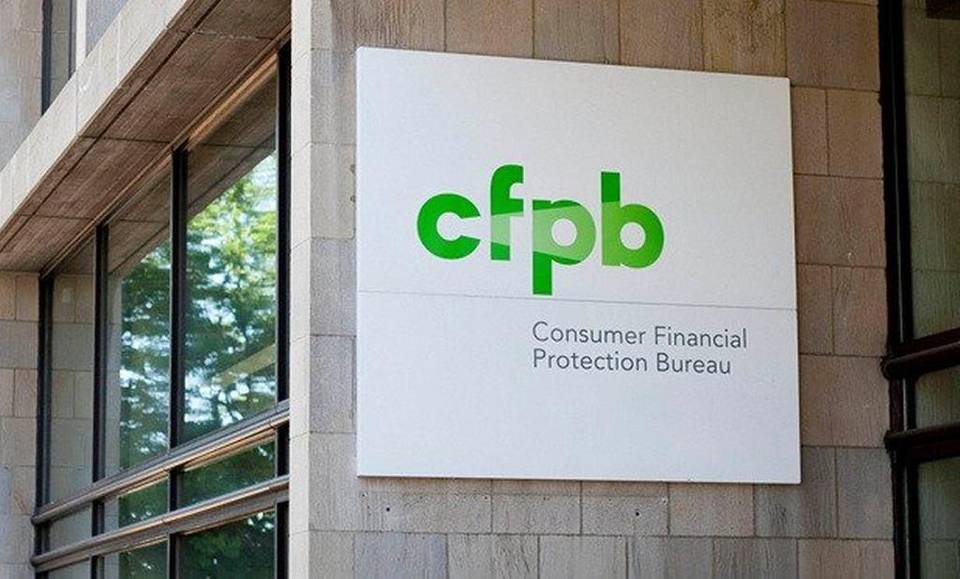Republican members of Congress filed an amicus brief in U.S. District Court of Washington D.C. in support of President Donald Trump appointing Mick Mulvaney as acting director of the Consumer Financial Protection Bureau (CFPB).

The deputy director of the CFPB, Leandra English, filed the suit back in November when Trump announced he was appointing Mulvaney as acting director after Director Richard Cordray resigned.
As deputy director, English claims she is the rightful acting director and filed a restraining order to block Trump from appointing Mulvaney.
The Republican congressmen, citing the Federal Vacancies Reform Act (FVRA), said Trump had the right to appoint Mulvaney. “The Federal Vacancies Reform Act has been U.S. law for 20 years,” said Sen. Mike Crapo (R-ID), one of 38 senators and 75 representatives to sign the amicus brief. “If Congress wanted to supersede the Vacancies Reform Act, and prevent a president from appointing an acting director, it could have done so in the text of Dodd-Frank. But, Congress chose not to. I have long argued that the CFPB lacks sufficient accountability, but Director Mulvaney has so far made the Bureau more accountable and transparent, while also fulfilling its mission of protecting consumers. It is in the public’s best interest for him to serve until the nomination and confirmation of a permanent director.”
Rep. Jeb Hensarling (R-TX) said the president has the authority to appoint an interim director under the Federal Vacancies Act. Further, he said that authority is no superseded by Dodd-Frank.
“It’s what the Justice Department says, and it’s what the CFPB’s own General Counsel – an Obama appointee – says. Director Mulvaney continues to be an outstanding Acting Director as he restores true and meaningful accountability and due process of law to an agency that desperately needs it. After all, the problem with the CFPB isn’t who’s running it, the problem is the CFPB and its creator, the Dodd-Frank Act,” Hensarling said.
The brief adds that the plaintiff’s requested preliminary relief is not in the public interest.